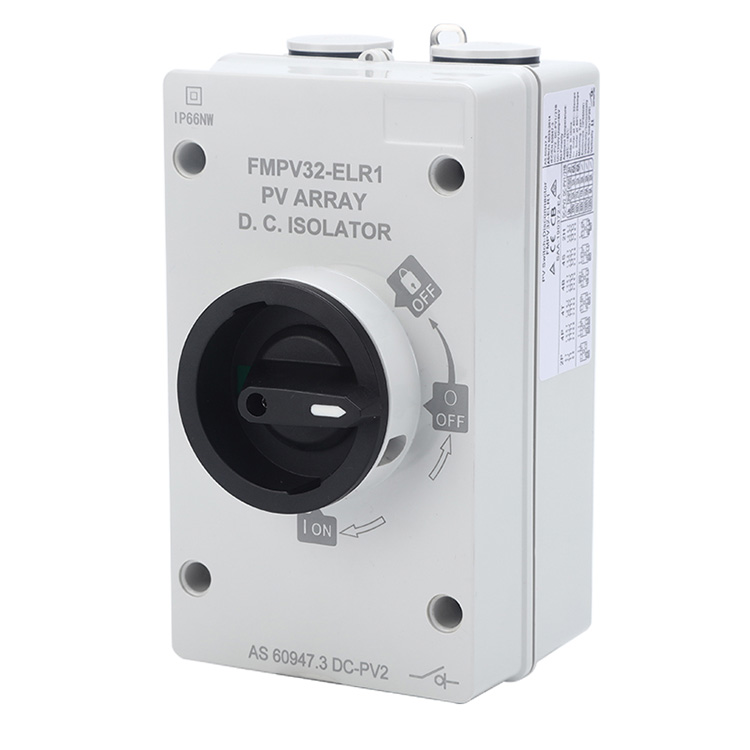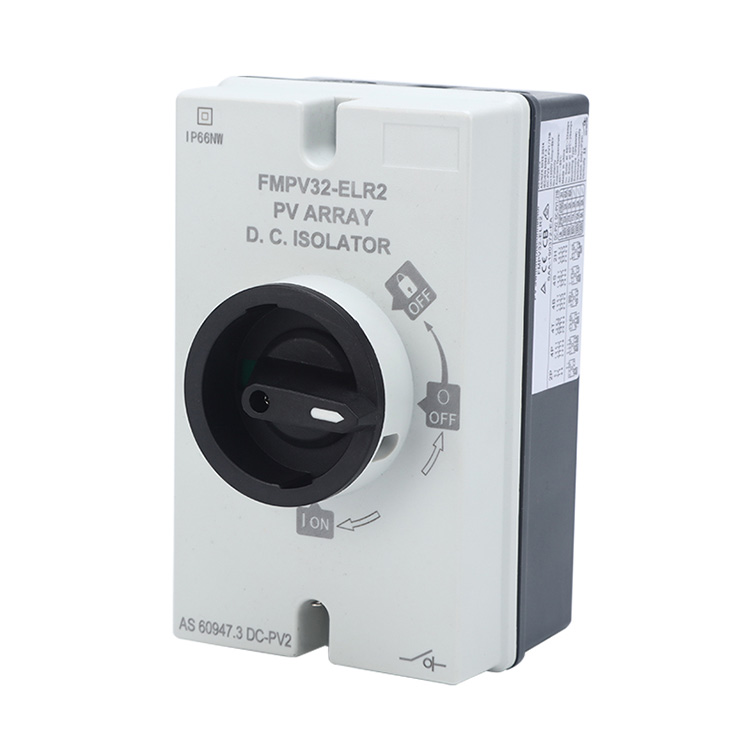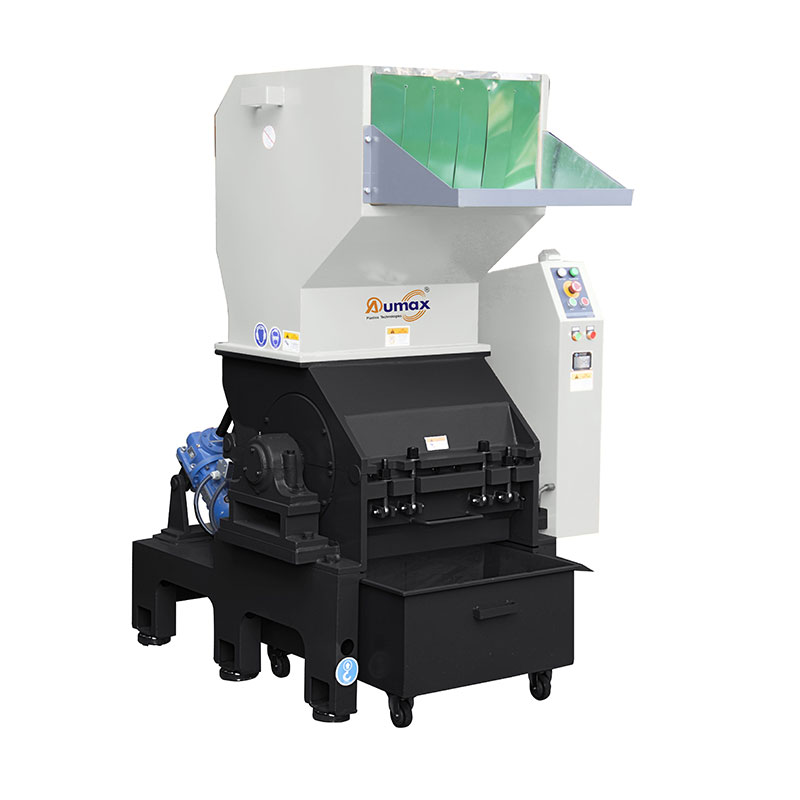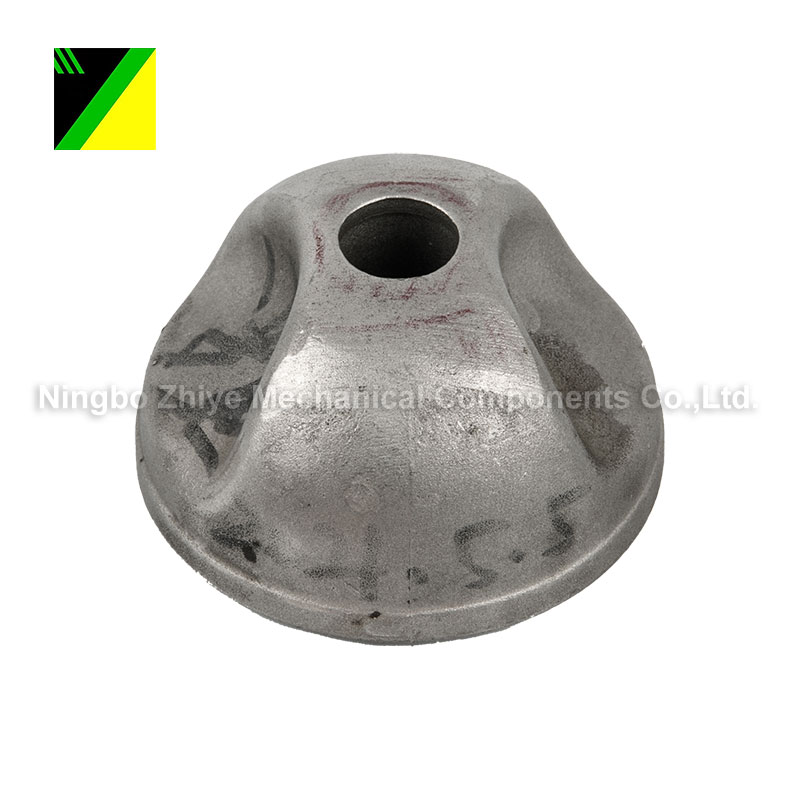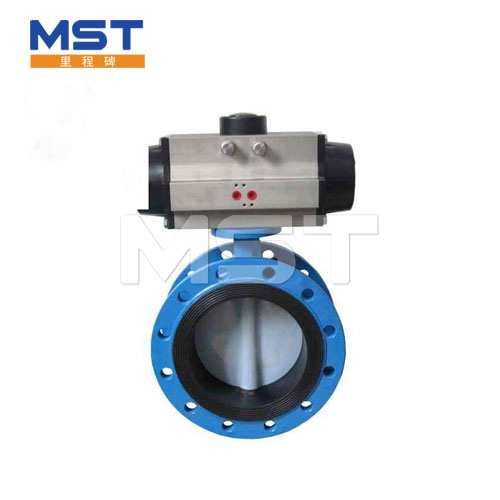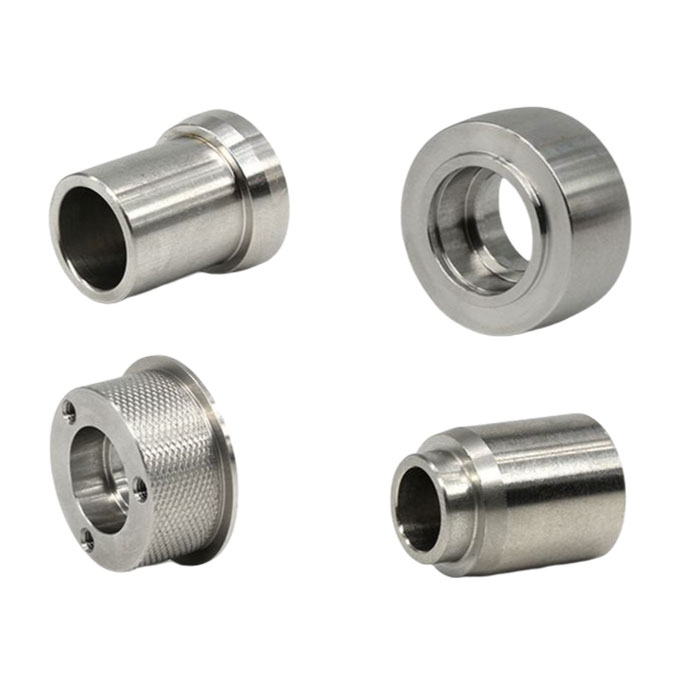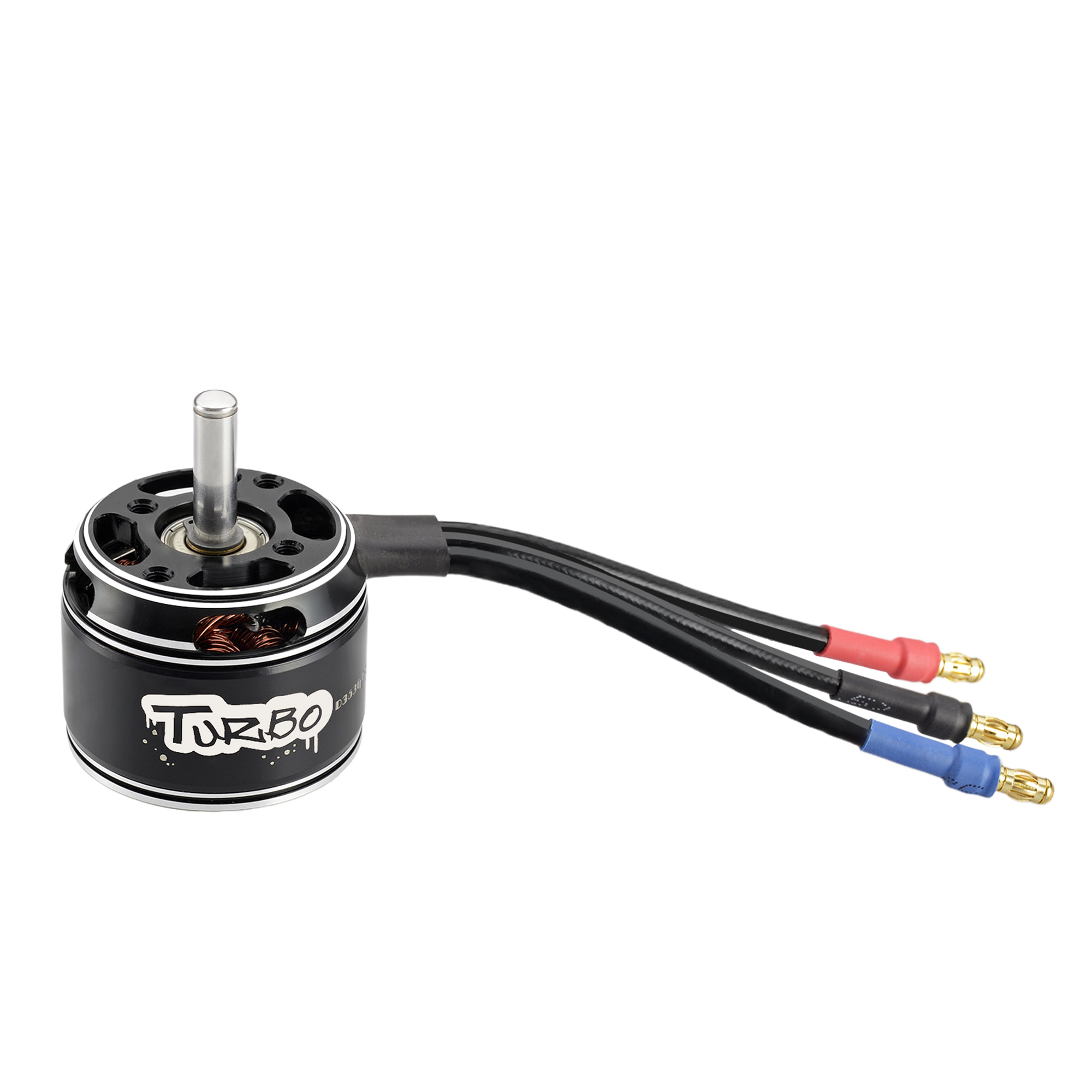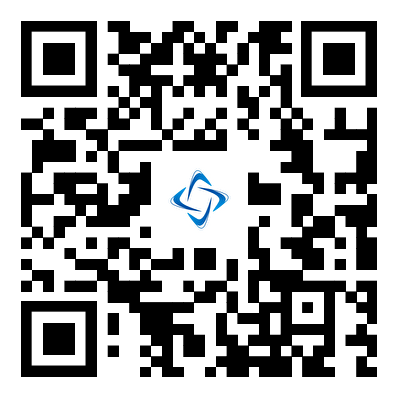DC Isolator Switch
A DC isolator switch, also known as a DC disconnect switch or DC isolation switch, is an electrical switch specifically designed for isolating or disconnecting a direct current (DC) circuit from its power source. It is used to ensure the safe shutdown and maintenance of DC systems in various applica......
Send Inquiry
Product Description
A DC isolator switch, also known as a DC disconnect switch or DC isolation switch, is an electrical switch specifically designed for isolating or disconnecting a direct current (DC) circuit from its power source. It is used to ensure the safe shutdown and maintenance of DC systems in various applications, such as solar power installations, battery storage systems, electric vehicles, and industrial machinery that operate on DC power.
Here are some key points about DC isolator switches:
Function: The primary function of a DC isolator switch is to provide a means to disconnect the DC circuit from the power source, effectively stopping the flow of electrical current. This is essential for maintenance, repairs, and ensuring the safety of personnel working on DC systems.
Safety: Isolator switches play a critical role in electrical safety by preventing accidental contact with live circuits during maintenance or emergencies. They allow for a controlled and visible disconnection of power.
Types of Isolation: DC isolator switches come in various forms, including rotary switches, toggle switches, and lever-operated switches. Some isolator switches also have multiple poles, allowing for the disconnection of multiple circuits simultaneously.
Lockout and Tagout: Similar to other types of isolator switches, DC isolator switches can be part of lockout and tagout procedures. Locking and tagging the switch in the "off" position ensures that the circuit remains disconnected while work is being carried out.
Voltage Ratings: DC isolator switches are designed to handle specific voltage levels associated with the DC system they are intended for. It's important to use an isolator switch with the appropriate voltage rating to ensure safety and proper operation.
Enclosures: Isolator switches might be housed within enclosures to protect them from environmental factors such as dust, moisture, and physical damage. The type of enclosure used depends on the application and the operating conditions.
Compliance: Depending on the industry and location, there might be regulations and standards governing the use of DC isolator switches. Compliance with these regulations is crucial for maintaining safety and adhering to industry standards.
In summary, a DC isolator switch is a vital component in DC systems, offering a safe and controlled method to disconnect power for maintenance, repairs, and other purposes. It is an important element in ensuring electrical safety and preventing accidents when working with DC circuits.
